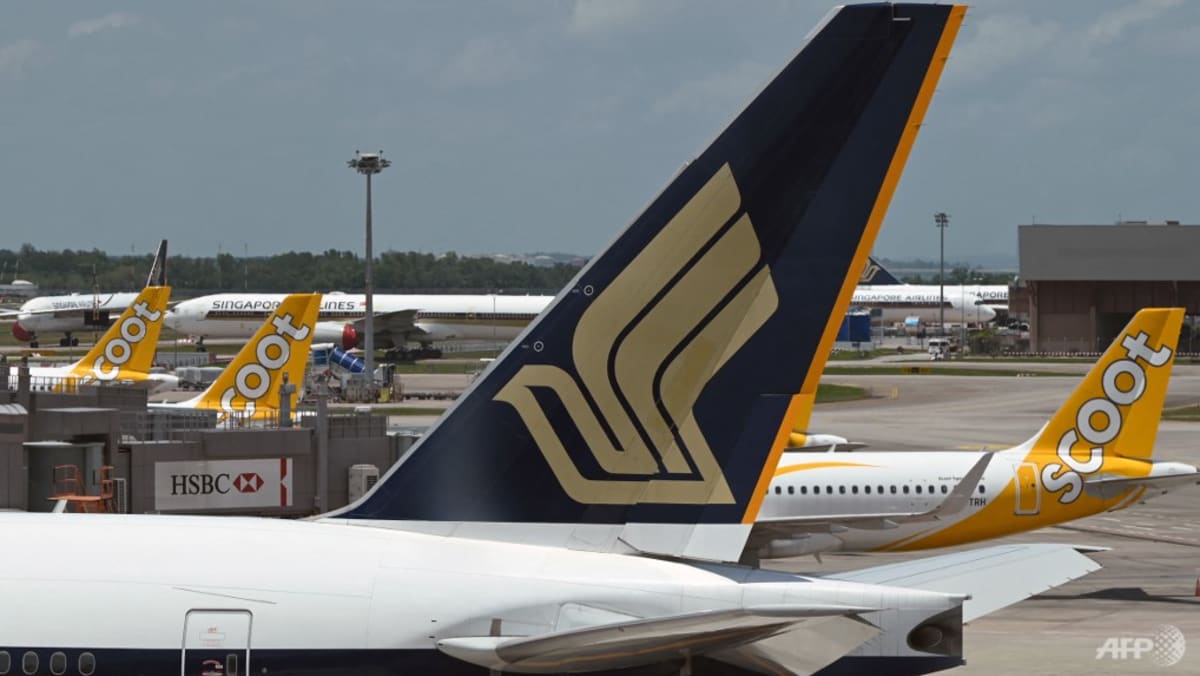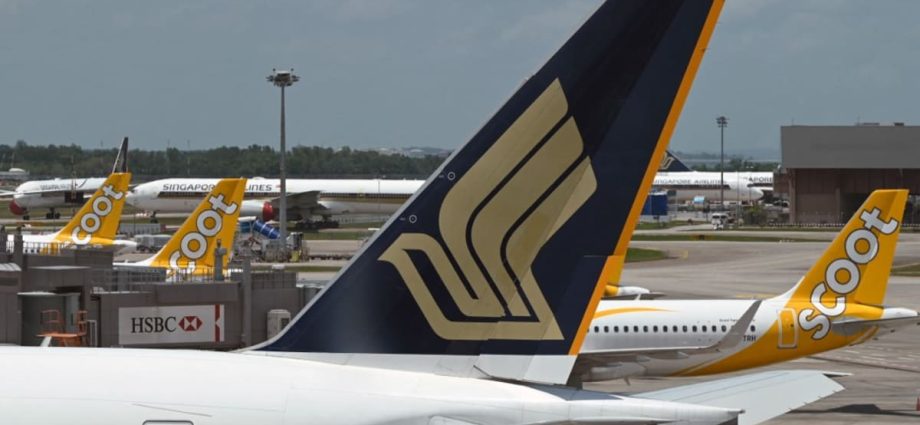
PEOPLE-TO-PEOPLE EXCHANGES
Mr Wong said such a visa-free arrangement “will facilitate people-to-people exchanges”, adding that flights between China and Singapore now are constantly full.
While this is the first visa exemption regime that Singapore is establishing with China, it is not the first time Singapore has had a mutual or visa-free exemption with another country, he noted.
“We have more than 70 countries where people can come to Singapore visa-free. We have experience with it. Visa-free does not mean zero immigration checks … there’s still a system at the backend and we do the necessary checks,” Mr Wong added.
“I think the visa-free arrangements will make it more convenient for people both ways to travel and the demands are there amongst our businesses, amongst our academics and students, amongst tourists, even amongst individuals with family connections, and tourists of course.
“We think this will be helpful and this will be a plus in terms of Singapore’s interest. And that’s why we have decided to proceed with it,” he said.
JCBC OUTCOMES
Mr Wong also spoke about the outcomes of the JCBC meeting, where 24 memoranda of understanding and agreements were announced between Singapore and China in areas like sustainability, food security and trade.
“We look forward to continuing to advance our cooperation across all these different areas in line with the broad principles that have been set out in our partnership, which is, we want it to be comprehensive, high quality as well as future-oriented,” Mr Wong said, referring to the name of the recently upgraded Singapore-China bilateral partnership.
This will apply to new areas of cooperation that both countries are in discussions over, such as low-carbon energy and the digital economy.
Such cooperation is also underpinned by close people-to-people ties, which will provide a “very strong foundation” for a bigger boost in China-Singapore cooperation in the years to come, Mr Wong added.
He then addressed a question on how the JCBC meeting has been held in a new era of cooperation, and what Singapore brings to the table.
He noted that Singapore is “always looking at ways” to add value to China and the world. Some of Singapore’s strengths are in its economic capabilities or technology-specific areas, and Singapore can also share its practices such as how it organises housing estates to take care of a rapidly ageing population, Mr Wong said.
“Another area in which we can add value is in our role as a reliable and trusted partner – not just linking up bilaterally, but also connecting China to the wider region,” he added.
“That’s something we do with China, but it’s something we do with many other countries we partner with as well.”
Mr Lee, the National Development Minister, said that Singapore added value to Tianjin when the Tianjin Eco-City was first launched in 2008. The Chinese have since “become really advanced” in many technologies.
“It’s not just for us to continue to collaborate with them but an opportunity also for us to learn about the way they do things. They still look at what we do,” Mr Lee added.
“Compare notes, work together, and some of these ideas may be helpful to us in Singapore.”
LEADERSHIP TRANSITION
Separately, in response to a reporter’s question, Mr Wong warned against speculation that this would be the last JCBC meeting he co-chairs.
Prime Minister Lee Hsien Loong had said last month that he intends to hand over leadership to Mr Wong before the next General Election, which has to be called by November 2025, and by Nov 21 next year “if all goes well”.
“There are many other things on the agenda. First is to think about when the transition happens,” said Mr Wong.
“If all goes well, hopefully we’ll find the time before the (People’s Action Party) conference for transition, and … the rest of the consequences will follow after that.”

